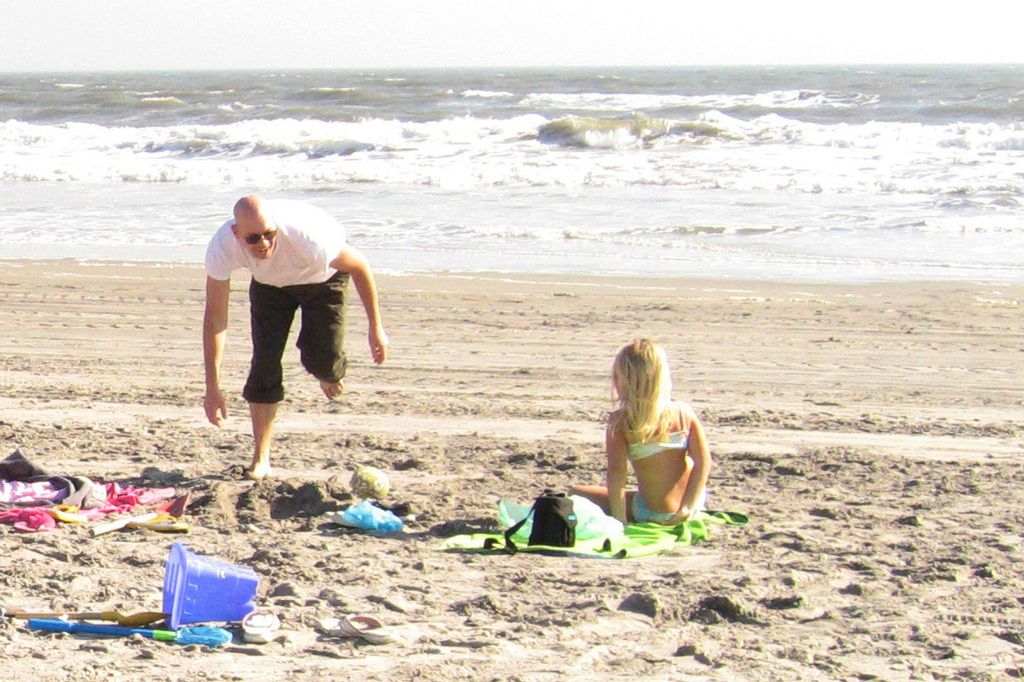A Fiery Standoff Between Spain's Government and Opposition Parties
PP rebuffs motion of censure and demands Sánchez's resignation: "He's chosen a prolonged torment"
Spain's political landscape is ablaze with a heated confrontation between the ruling government, led by Prime Minister Pedro Sánchez, and the opposition People's Party (PP), over corruption allegations, calls for resignation, and competing agendas.
The Crux of the Matter
At the heart of this standoff is a mountain of corruption allegations. The PP is relentlessly pressuring Sánchez to step down or call for early elections following the implication of key Socialist Party figures in high-profile scandals. The latest storm erupted around Santos Cerdán, a leading PSOE member, whose involvement in a major scandal has left the opposition baying for blood[5].
This isn't the first time the opposition has taken aim at Sánchez and his inner circle. Investigations have targeted individuals close to the Prime Minister, including his wife and brother, sending political tensions skyrocketing and intensifying demands for his resignation[4].
The Government's Response
Despite the mounting pressure, the Spanish Government has remained steadfast, rejecting calls for snap elections, viewing the current period as a strategic advantage for the left-wing bloc[5]. Sánchez has shied away from presenting a confidence vote to boost his parliamentary majority, as a no-confidence motion filed by the PP lacks the required support[5].
In a bid to stabilize his party, Sánchez has formed a "transition team" to lead the PSOE in the wake of Santos Cerdán's scandal, signaling a move to consolidate power, but not to concede to the opposition[5].
Negotiations and Power Plays
This confrontation has also spilled over into institutional meetings, with the Conference of Presidents becoming a battlefield for agenda-setting. The PP regional presidents initially refused to attend the conference, forcing the government to include all the PP’s requested topics for debate, including financing, housing, employment, and justice reforms[2].
To secure their attendance, the PP demanded concessions on key issues, such as regional financing and debt forgiveness. Faced with the choice of isolating themselves or giving ground, the executive has warned that some issues must be handled by other bodies, but ultimately surrendered to the PP’s demands to keep the negotiations alive[2].
A Look at the Combatants
| Party/Actor | Actions Taken ||---------------------|-----------------------------------------------------------------------------------------------------|| People’s Party (PP) | Pressured for snap elections; filed no-confidence vote; demanded agenda concessions for attendance || Spanish Government | Rejected snap elections; appointed transition team; conceded to PP’s agenda demands at conference |
The ongoing standoff has not gone unnoticed in the European Union, where the European Commission has faced criticism for a perceived double standard in addressing rule-of-law issues involving socialist governments compared to conservative ones. The legal cases and the delayed response to Spain’s amnesty law have further fueled public distrust and international scrutiny[4].
As the temperatures rise and the political landscape grows ever more volatile, Spain's political equilibrium teeters on the precipice of change. The confrontation remains unresolved, with the Spanish Government holding firm against calls for concession, while the PP continues to wield their influence through political, institutional, and public pressure[2][5].
The ongoing standoff between Spain's government and the opposition People's Party (PP) has extended to policy-and-legislation discussions, as the PP demands concessions on key issues such as financing, housing, employment, and justice reforms during institutional meetings. The average citizen is closely watching the general news, with crime-and-justice issues pushing the boundaries, as allegations of corruption persistently surface against high-profile figures from both parties.







